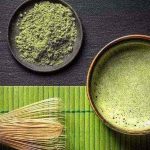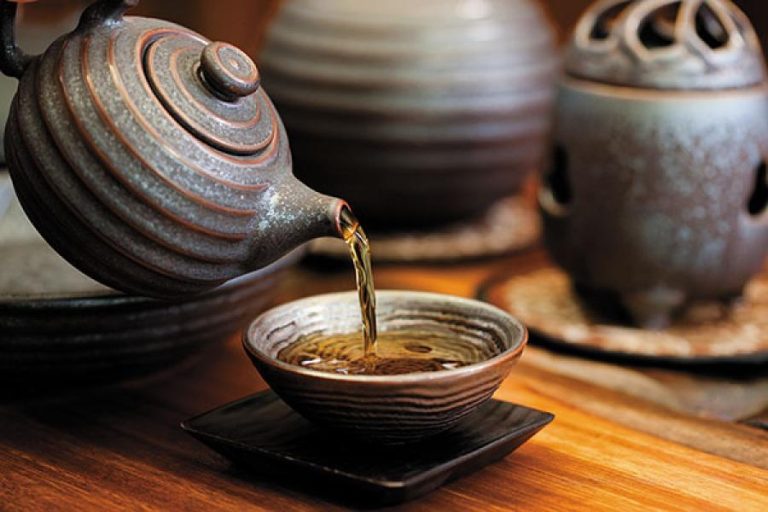The Impact of Sugar on Tea and Health: Making Informed Choices

Tea is a beloved beverage enjoyed by millions worldwide, and for many, adding sugar is a common practice to enhance its taste. However, it is crucial to understand the health implications of consuming sugar-sweetened tea. This article aims to explore the effects of sugar on our health, the potential benefits of tea, the risks associated with sugar-sweetened beverages, and alternative ways to sweeten tea without relying on sugar.
The Health Effects of Sugar:
Sugar can have detrimental effects on our overall well-being. Consuming excessive amounts of sugar has been linked to weight gain, inflammation, increased risk of chronic diseases such as obesity, type 2 diabetes, cardiovascular diseases, and certain types of cancer. To promote optimal health, it is important to moderate our sugar intake and be mindful of added sugars present in various foods and beverages.
Health Benefits of Tea:
Tea, in its natural form, offers numerous health benefits. Black, green, white, oolong, and herbal teas contain bioactive compounds like antioxidants, polyphenols, and catechins that have been associated with a range of positive health effects. Regular tea consumption has been linked to improved heart health, reduced risk of stroke, enhanced immune function, and even potential cancer-fighting properties. These benefits largely stem from the natural compounds found in tea leaves.
Sugar-Sweetened Tea and Health Risks:
Unfortunately, adding sugar to tea can undermine some of its inherent health advantages. Sugar-sweetened tea contributes to an increased calorie intake, which can lead to weight gain and the development of chronic conditions like obesity and diabetes. Additionally, excessive sugar consumption can raise the risk of dental issues, metabolic syndrome, and cardiovascular diseases. It is crucial to recognize how sugar-sweetened beverages, including tea, can pose health risks when consumed in excess.
Options for Sweetening Tea without Sugar:
Fortunately, there are alternative ways to sweeten tea without relying on sugar. Natural sweeteners such as honey, stevia, agave nectar, or even a sprinkle of cinnamon can add flavor without the negative health consequences associated with excessive sugar intake. These alternatives provide various taste profiles and may offer additional health benefits. However, it is still important to use these sweeteners in moderation and be aware of the overall calorie intake.
FAQ About Sugar With Tea
- Is it bad to add sugar to tea?
- Adding sugar to tea can contribute to health issues when consumed in excess. It increases calorie intake, which can lead to weight gain and a higher risk of chronic diseases such as obesity and diabetes.
- How much sugar should I add to my tea?
- The recommended daily intake of added sugars varies by country and organization. Generally, it is advised to limit added sugars to no more than 10% of your total daily calorie intake.
- What are the alternatives to sugar for sweetening tea?
- There are several natural alternatives to sugar for sweetening tea, including honey, stevia, agave nectar, and cinnamon. These options offer different tastes and can help reduce reliance on refined sugar.
- Does adding sugar negate the health benefits of tea?
- Adding sugar to tea can diminish some of the health benefits associated with tea consumption. Excessive sugar intake can contribute to obesity, diabetes, and other health issues, counteracting the potential positive effects of tea.
- Can I use artificial sweeteners in tea instead of sugar?
- Yes, artificial sweeteners can be used in tea as an alternative to sugar. However, it is important to use them in moderation, as some studies suggest they may have their own set of potential health concerns.
- How can I reduce my sugar intake in tea without compromising taste?
- Gradually reducing the amount of sugar added to tea can help adjust taste preferences over time. Additionally, using natural sweeteners like honey or experimenting with spices like cinnamon can add flavor without relying solely on sugar.
- Does sugar affect the antioxidant content of tea?
- Sugar itself does not directly affect the antioxidant content of tea. However, excessive sugar consumption and the resulting health issues can impact overall health, potentially affecting the body’s ability to utilize antioxidants effectively.
- Can I replace sugar with fruit juice in tea?
- While fruit juice can add sweetness to tea, it is important to note that fruit juices often contain natural sugars that can still contribute to calorie intake. It is advisable to use fruit juice sparingly or explore alternative sweeteners.
- Is it better to drink tea without sugar?
- Drinking tea without sugar is generally considered a healthier choice. By avoiding added sugars, you can enjoy the natural flavor of tea while benefiting from its potential health advantages.
- How can I develop a taste for tea without sugar?
- Developing a taste for unsweetened tea takes time and patience. Start by gradually reducing the amount of sugar added to your tea until you become accustomed to the natural taste. Experiment with different tea varieties and brewing methods to find flavors you enjoy without the need for sugar.
Conclusion:
When enjoying a cup of tea, it is essential to consider the impact of sugar on both the taste and our health. While sugar can enhance the flavor, it also contributes to adverse health effects when consumed excessively. By being mindful of our sugar intake and exploring alternative sweeteners, we can make informed choices that promote both our love for tea and our overall well-being. Let us savor the natural goodness of tea while embracing healthier options for sweetening without relying solely on sugar.
















